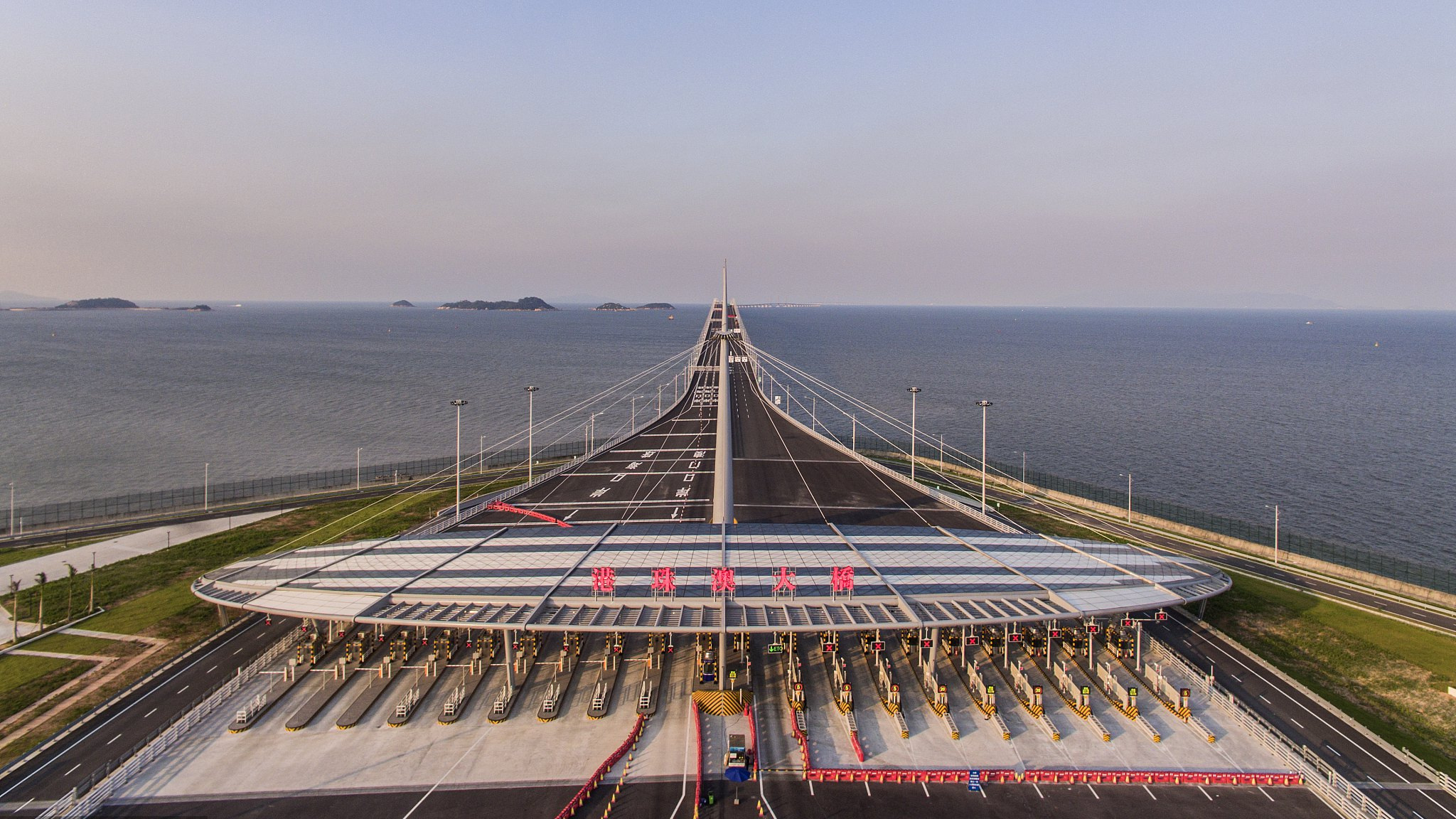Opinion: Xi's visit to Guangdong: A commitment to China and the world
One day after Chinese President Xi Jinping encouraged more private entrepreneurs to “have firm confidence” and “work in a down-to-earth way to develop their businesses,” he took a tour to Guangdong, the bridgehead of China's reform and opening up process.

This is Xi's second visit to Guangdong, China's manufacturing heartland in six years. Guangdong was also the first place he visited after the 18th National Congress of the Communist Party of China in 2012, for which he explained the reason that he felt “obliged to honor the history of reform and opening up at the place that pioneered the historic cause.”
With the opening ceremony of Hong Kong-Zhuhai-Macao Bridge on October 22, and China Import and Export Fair (Canton Fair) happening in the province, also against the broad background of China-US trade war, President Xi's timing to the place could not be more crucial.
The visit itself is a strong commitment to both China and the world, that China is going to deepen its reform and further open up to the world.
This year marks 40 years since China started its most important development project ever: economic reform and opening to the outside world.
Three out of the first four Special Economic Zones were set up in Guangdong Province and this place has witnessed huge changes and is the biggest contributor to the Chinese economy in terms of GDP. Its geographical place as the one of the starting points of the Maritime Silk Road has instilled great energy to its export-driven economic growth.
Forty years on, Guangdong, as the window of China to the world, has never closed. But the way it opens to the world has been going through some changes, which can be reflected in the 124th Canton Fair.
The first fair was in 1957, even 20 years before China's reform and opening up. The aim of launching the fair was to break the blockade and economic sanctions of the West after the Korean War. At that time, the fair was the only place for China's international trade.
It was an urgent time for China to be part of the world economic system and develop itself, when China had yet to modernize and build its own industry system.
The fair was only about exports first; the import unit was added later. It has provided a platform for enterprises from all over the world to come to China and witness China's determination to open up to the world. Now it wants to engage more international economic players and demonstrates China's resolve to expand its imports from other countries.
As the second largest economy in the world, China bears responsibilities that it should not shy away from: to increase imports and open up more of its market, more countries will share the economic development benefits of China and have more spillover effects; China itself can upgrade its industry structure.
At a time when the market is still nervous about the “retreating of the private sector,” Xi's visit to Guangdong, where private enterprises are densely located, sends a strong message that the government is going to strongly support their development.
Forty years on, China's way of opening might have changed to better benefit itself and the world, its commitment to strengthening reform and opening up is stronger than ever before.